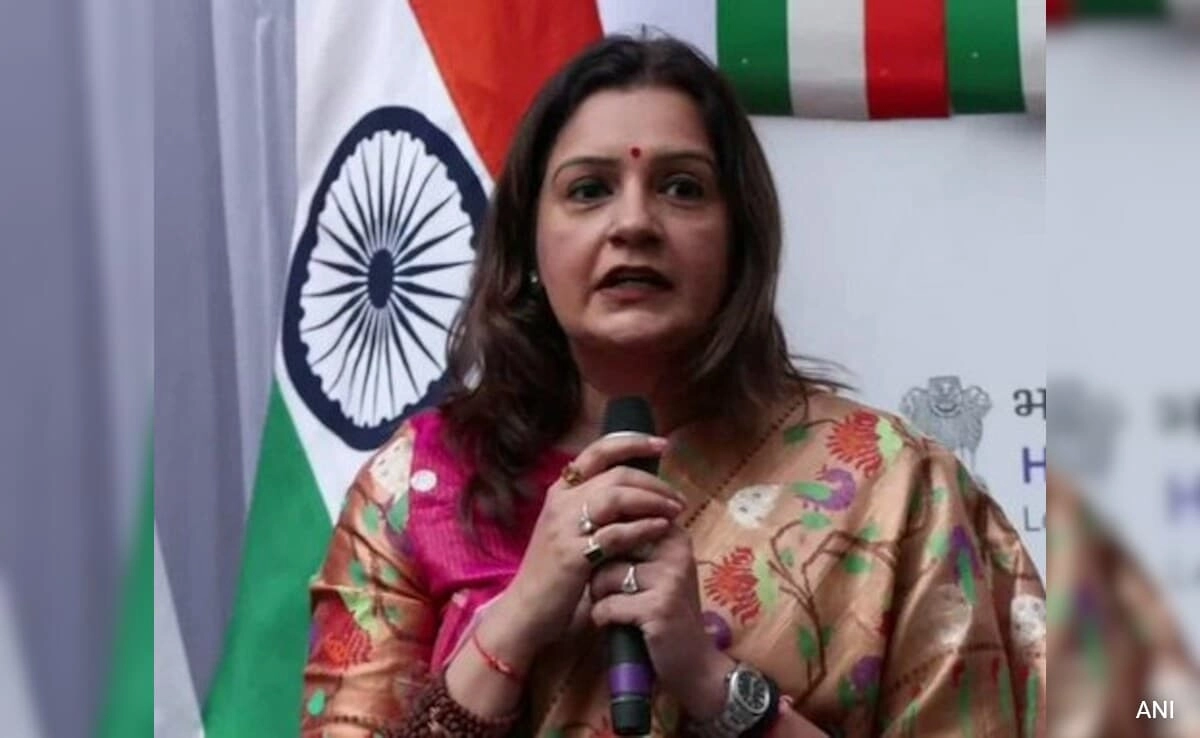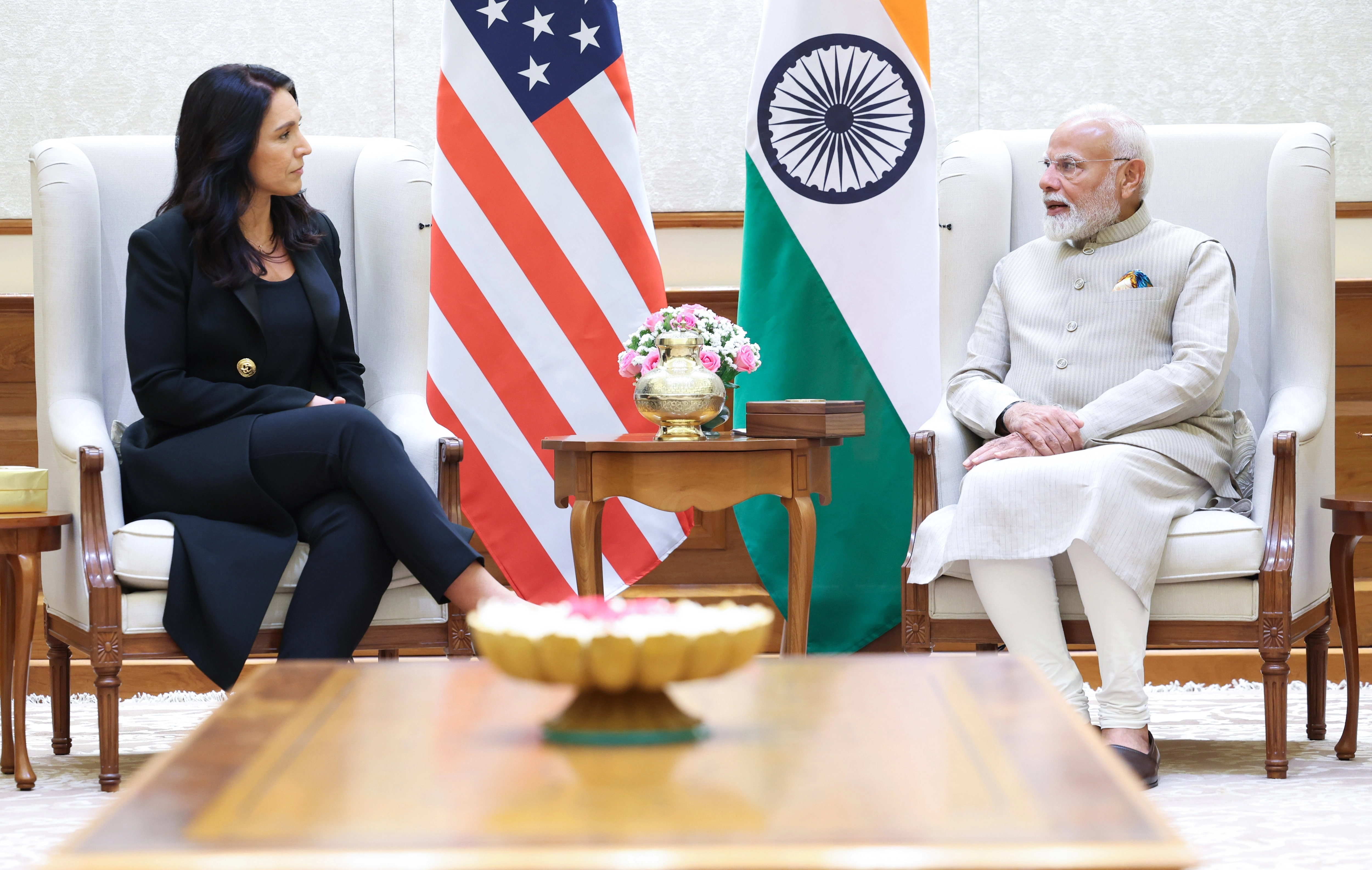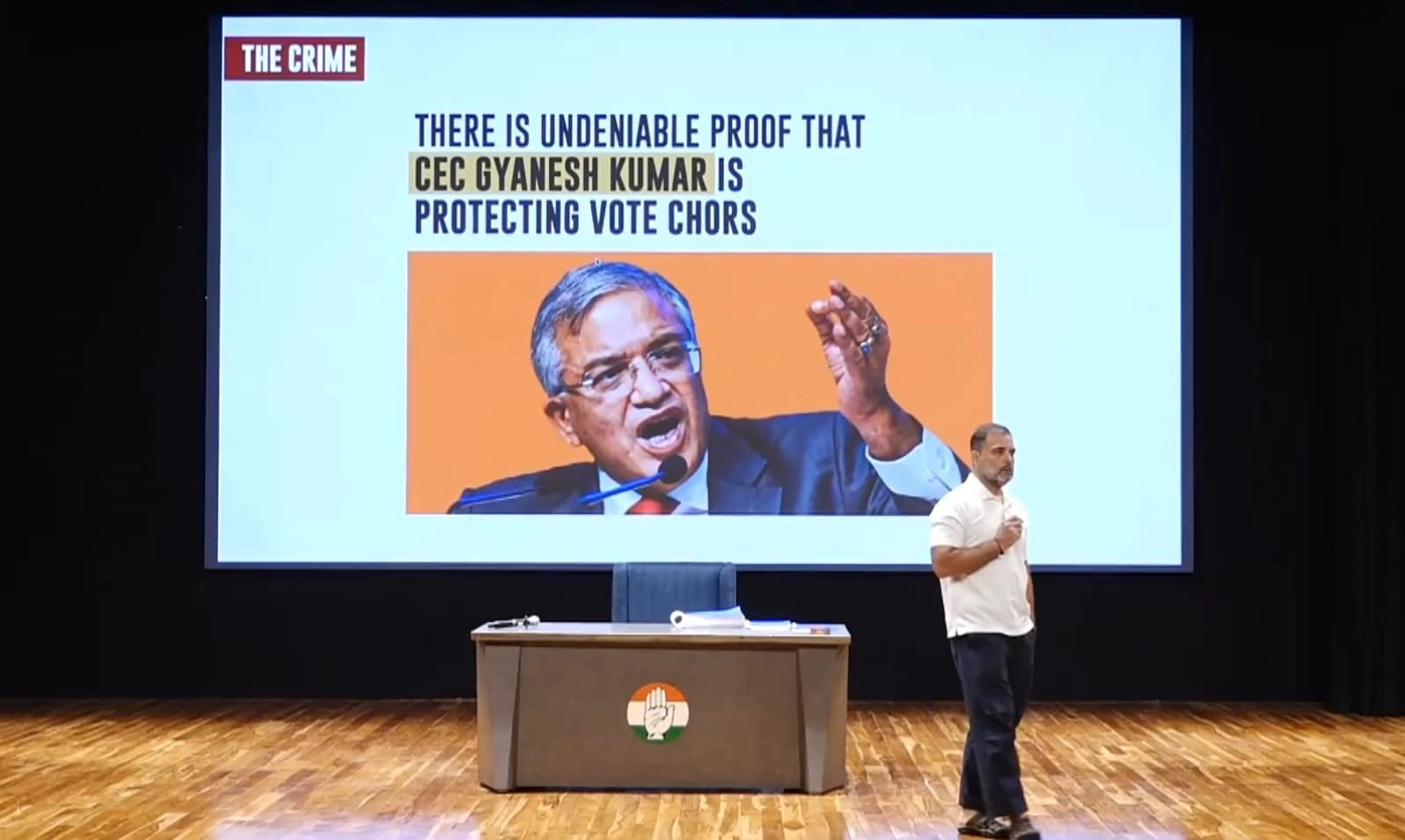In the ongoing debate surrounding the use of the Marathi language, Priyanka Chaturvedi has stepped forward to address the controversy and clarify her stance on the matter. The discourse was ignited by the assertion of Raj Thackeray’s Maharashtra Navnirman Sena (MNS), which has been vocally advocating for the promotion of Marathi as a means to preserve the cultural identity of the state. However, Chaturvedi, a prominent political figure, has distanced herself from the MNS’s approach, emphasizing that the issue transcends political allegiances and requires a more inclusive dialogue.
Chaturvedi argues that while it is crucial to uphold and celebrate the Marathi language, it should not serve as a tool for divisiveness or exclusion. She advocates for an environment where linguistic pride can coexist with respect and appreciation for other languages and cultures present in Maharashtra. By promoting an inclusive narrative, she hopes to foster unity among the diverse communities that inhabit the region. This perspective challenges the more insular views propagated by certain factions, suggesting that the Marathi language should be embraced as part of a broader, multicultural identity rather than a means of gatekeeping.
Furthermore, Chaturvedi emphasizes that the focus should be on education and accessibility to the Marathi language, rather than enforcing its dominance at the expense of other languages. She believes that empowering individuals with the ability to learn and use Marathi can be achieved through educational reforms and community initiatives that promote bilingualism and multilingualism. This approach not only enriches the cultural fabric of Maharashtra but also equips its citizens with the skills needed to thrive in an increasingly globalized world.
In conclusion, Priyanka Chaturvedi’s remarks on the Marathi language row highlight the necessity for a more nuanced conversation around language and identity. By advocating for inclusivity and respect for linguistic diversity, she challenges the divisive rhetoric often associated with regionalism. Her vision for Maharashtra embraces a future where all languages are valued, thus allowing for a richer, more harmonious coexistence among its people. As the debate continues, it is clear that fostering understanding and respect across linguistic lines will be vital for the state’s progress.




